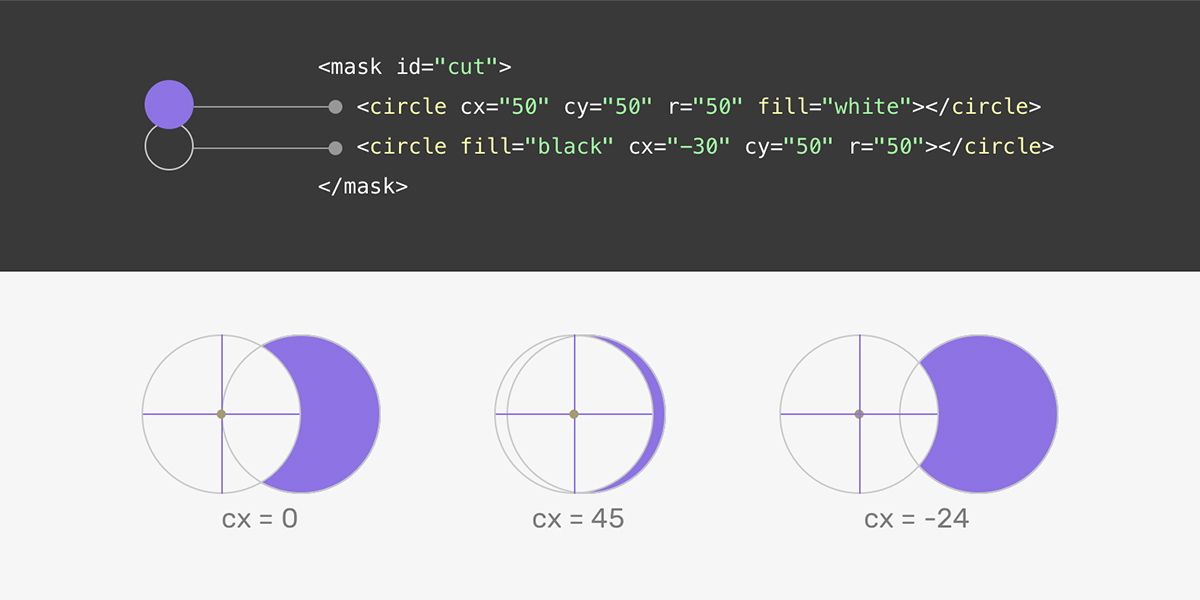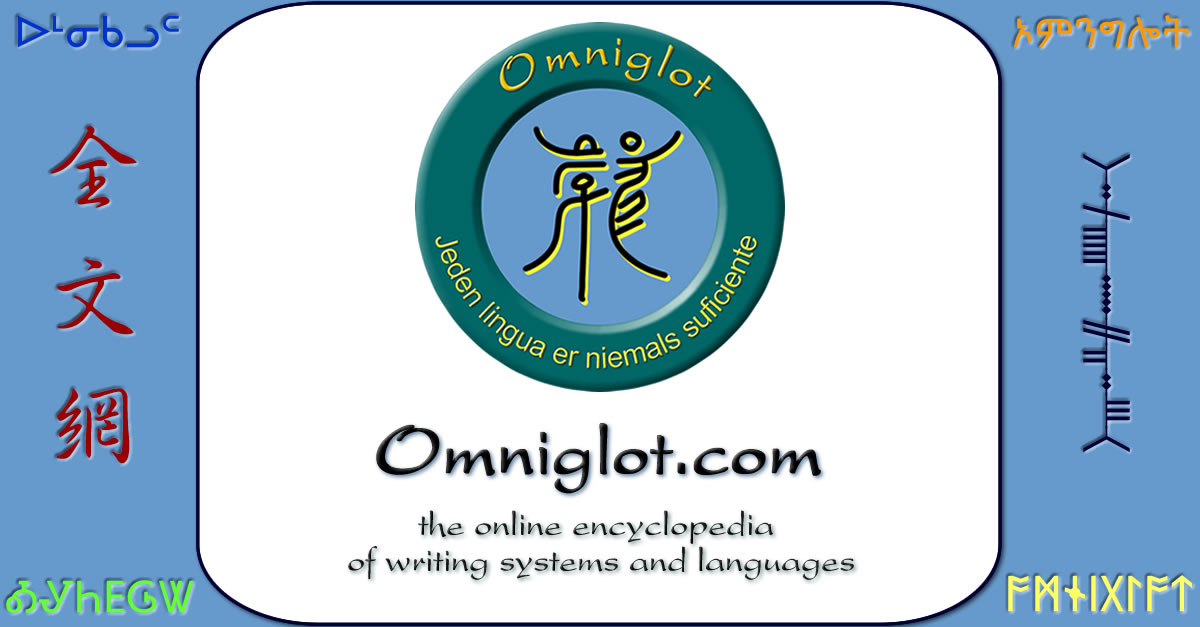
Are We Cut Out for Universal Morality?
F ootage of a mob storming the Capitol on Jan. 6, 2021, in an effort to subvert the legal and peaceful transfer of power, filled many of us with horror. Underlying that response was our indignation at the brazen violation of central democratic institutions and values.
We respond similarly to news of hate crimes, mass shootings, police brutality, or discriminatory social policies. Such things offend against basic values and principles, such as the inherent worth and equality of persons and their lives, respect for human rights, and the importance of civil society and the rule of law—all of which strike many if not most of us as something more than just matters of taste.
In embracing core moral values and taking a moral stance on important issues we see ourselves as at least trying to get something right—something it matters greatly that we do get right, central to how we structure our lives and find meaning in them.
That is at least what moral practice is like when viewed “from the inside.” By that I mean your moral phenomenology as an engaged participant. This perspective presents the appearance of at least a core of basic objective and universally valid or correct moral standards we are trying to understand and to live by (even as we recognize that we will at best do so imperfectly). This is why we’re prepared to argue, often passionately, in defense of basic moral claims about social justice, for example, in a way we don’t with mere matters of taste; and it’s why we feel compelled to modify our views when someone convinces us that we have a blind spot or other error in our moral outlook.























